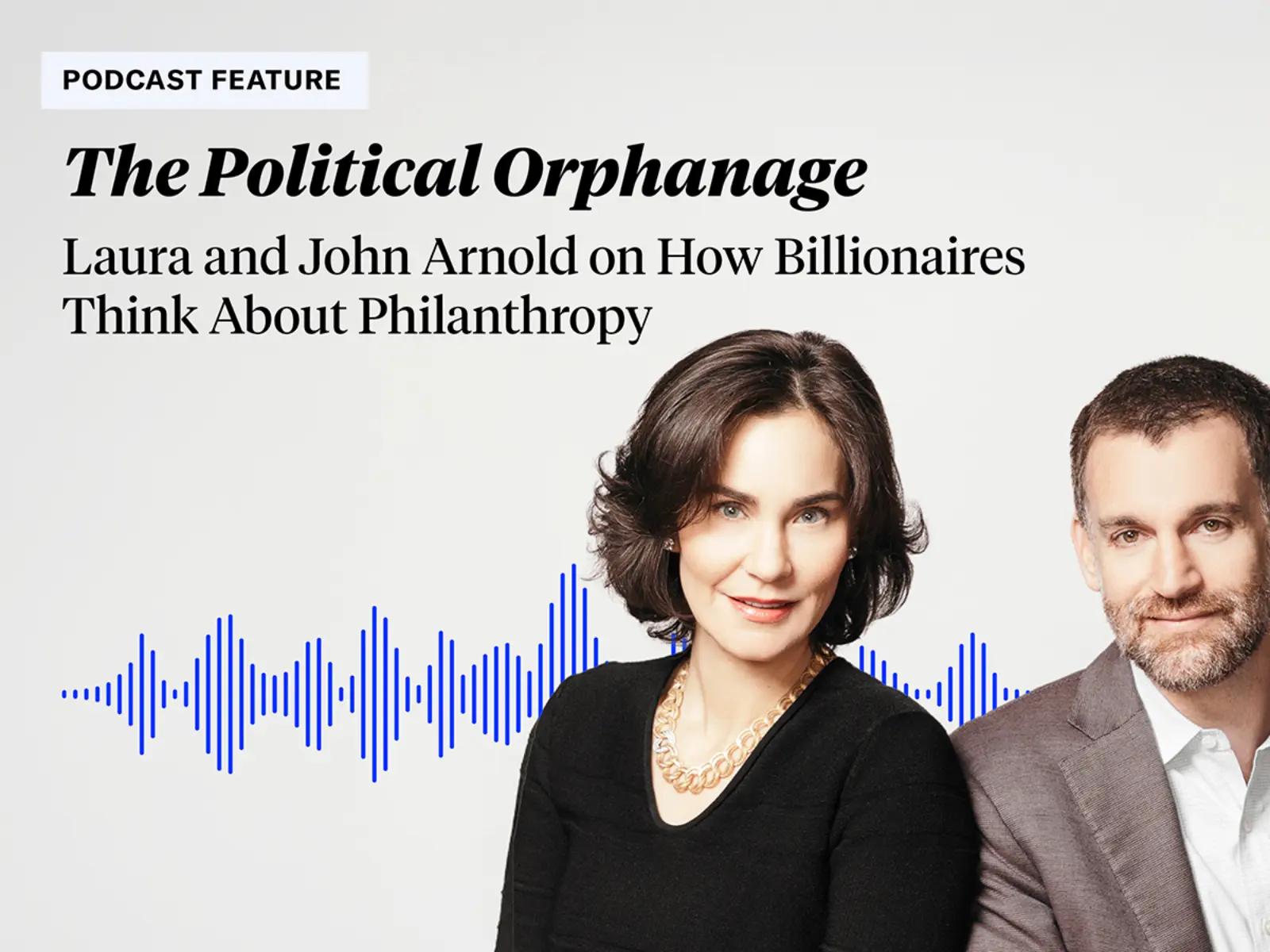Grant Recipient: University of Colorado Boulder
Term: 2020 –2024
Principal Investigator: Karl Hill, Ph.D., University of Colorado Boulder
Summary: This project will evaluate whether LifeSkills Training (LST), a substance use prevention program for middle school students that has been shown in rigorous evaluations to substantially reduce youth substance use, can produce similar impacts when provided directly to high school students in a more abbreviated and potentially more scalable format. The LST middle school program has strong evidence of sizable and sustained impacts on youth substance use. Specifically, in two well-conducted RCTs, LST was found to produce 10 – 30% reductions in rates of youth smoking, drunkenness, and marijuana use five to six years after random assignment, with one study also finding suggestive evidence of sizable (20%) reductions in prescription drug (e.g., opioid) misuse.
While the evidence supporting the effectiveness of the middle school version of LST provides a positive signal that the high school version could also produce substantial reductions in substance use and other problem behaviors, such impacts are uncertain since the new program not only differs from the original in its targeted age group but is also substantially shorter in duration. This study will help determine whether this new program is sufficiently effective to warrant widespread adoption.
Under this project, researchers at the University of Colorado Boulder will recruit and randomize approximately 50 Colorado and Ohio high schools to participate in the RCT. The study will measure substance use outcomes for the sample of approximately 12,000 9th grade students entering these high schools in the fall of 2021. The study’s primary outcomes will be students’ likelihood using any tobacco product (including e‑cigarettes), and likelihood of using any marijuana product (including vaping). The study will also measure important secondary outcomes, including youth opioid and alcohol use, psychosocial behaviors, and academic achievement. All outcomes will be measured through student surveys over three school years, from 9th-11th grade.
The study’s pre-specified analysis plan is linked here.













